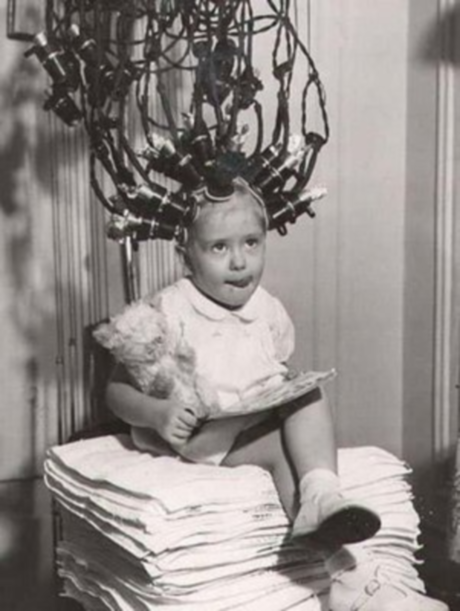 If she’s not exactly hunting for cool, Intel’s Dr. Genevieve Bell is certainly pursuing happiness. The anthropologist leads a team of thinkers and futurists who scour the Earth to figure out what you want from personal technology, even before you can name it. They want to know what’s on your mind. They want to make you happy. From a profile of Dr. Bell by Natasha Singer in the New York Times:
If she’s not exactly hunting for cool, Intel’s Dr. Genevieve Bell is certainly pursuing happiness. The anthropologist leads a team of thinkers and futurists who scour the Earth to figure out what you want from personal technology, even before you can name it. They want to know what’s on your mind. They want to make you happy. From a profile of Dr. Bell by Natasha Singer in the New York Times:
“‘My mandate at Intel has always been to bring the stories of everyone outside the building inside the building — and make them count,’ says Dr. Bell, who considers herself among the outsiders. ‘You have to understand people to build the next generation of technology.’
By ‘outside,’ she isn’t referring only to consumers outside of the United States. Dr. Bell and her team are responsible for sussing out the attributes that people everywhere love, or wish they could have, in their PCs, televisions and so on. Over the last few years, they have been concentrating on consumers’ appetites for hyper-personal technology, like voice-recognition systems and fitness trackers. In essence, they are pushing Intel toward a more people-centric era of personal computing.
Lately, that work has become all the more important to the company. That is because Intel, which has long dominated the laptop processor field, was surprisingly slow to acknowledge the burgeoning market for smartphone chips. In fact, Dr. Bell and her team, among others, had forecast the mobile trend early on, says Diane M. Bryant, the general manager of Intel’s data center group, but Intel didn’t prioritize it at the time. Although the company recently introduced new chips for mobile devices, PC makers are still Intel’s largest customer base, accounting for $33 billion of its $52.7 billion in revenue last year.
Now, attributable in part to the efforts of Dr. Bell and her team, Intel is trying to catch up, forging into realms like wearable gadgets that could showcase its new, lower-powered ultrasmall chips. Futurists on Dr. Bell’s team are also developing a customizable personal robot, about the size of a big teddy bear, based on the new mini-chips. Where even a decade ago Intel still focused largely on turning out increasingly efficient technology for its industrial customers, its executives say, the company now looks to consumer happiness as a starting point of product development.”
